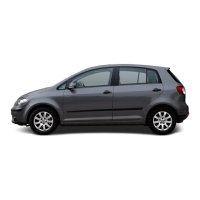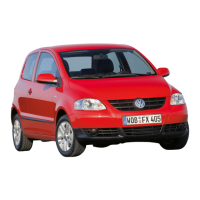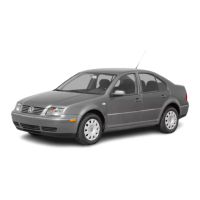12 Rough running due to wheels/tyres -
causes and rectification
Causes of rough running ⇒ page 324
Balancing wheels ⇒ page 324
Conducting a road test before balancing wheels ⇒ page 325
Balancing wheels on stationary wheel balancing machine
⇒ page 325
Vibration control system -VAS 6230- ⇒ page 327
Finish balancer ⇒ page 327
Radial and lateral run-out on wheels and tyres ⇒ page 328
Checking radial and lateral runout on wheels and tyres with tyre
gauge -V.A.G 1435- ⇒ page 328
Checking radial and lateral run-out on wheel rim ⇒ page 329
Matching ⇒ page 330
Flat spots caused by storage or handling ⇒ page 331
12.1 Causes of rough running
Rough running can have a number of different causes. It can also
be caused by tyre wear. Tyre wear caused by driving is not always
evenly spread across the entire running surface of the tyre. This
causes slight imbalances which affect the smooth running of a
wheel which was previously exactly balanced.
Minor imbalances will not be felt at the steering wheel, but that
does not mean that they are not there. They increase wear on the
tyre and thus reduce the tyre service life.
Recommendation
To ensure
• optimal safety,
• smoothest possible running and
• even wear
throughout a tyre's service life, we recommend having the wheels
and tyres balanced at least twice during the tyre's service life.
12.2 Balancing wheels
Before you start balancing the wheels, the following requirements
must be met.
• The tyre pressure must be OK.
• The tyre tread must not show one-sided wear and should be
at least 4 mm deep.
• The tyre must not show any signs of damage, for example
cuts, piercing, foreign bodies, etc.
• The wheel suspension, steering and steering linkage, includ‐
ing the shock absorbers, must be in perfect condition.
• You must have conducted a road test.
Golf 2004 ➤ , Golf Plus 2005 ➤
Running gear, axles, steering - Edition 08.2009
324 Rep. Gr.44 - Wheels, tyres, vehicle geometry
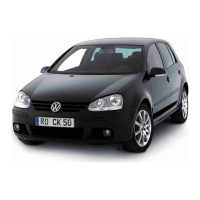
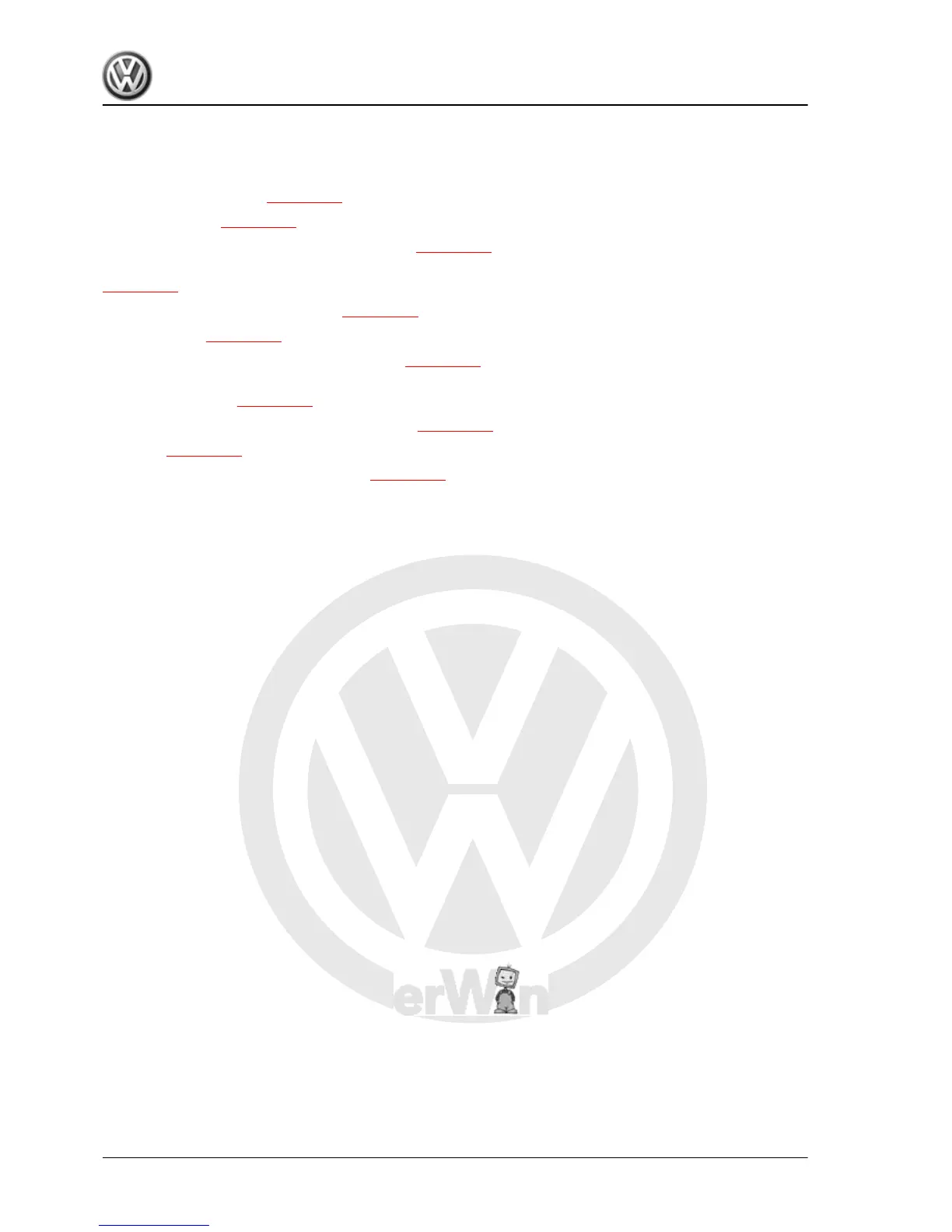